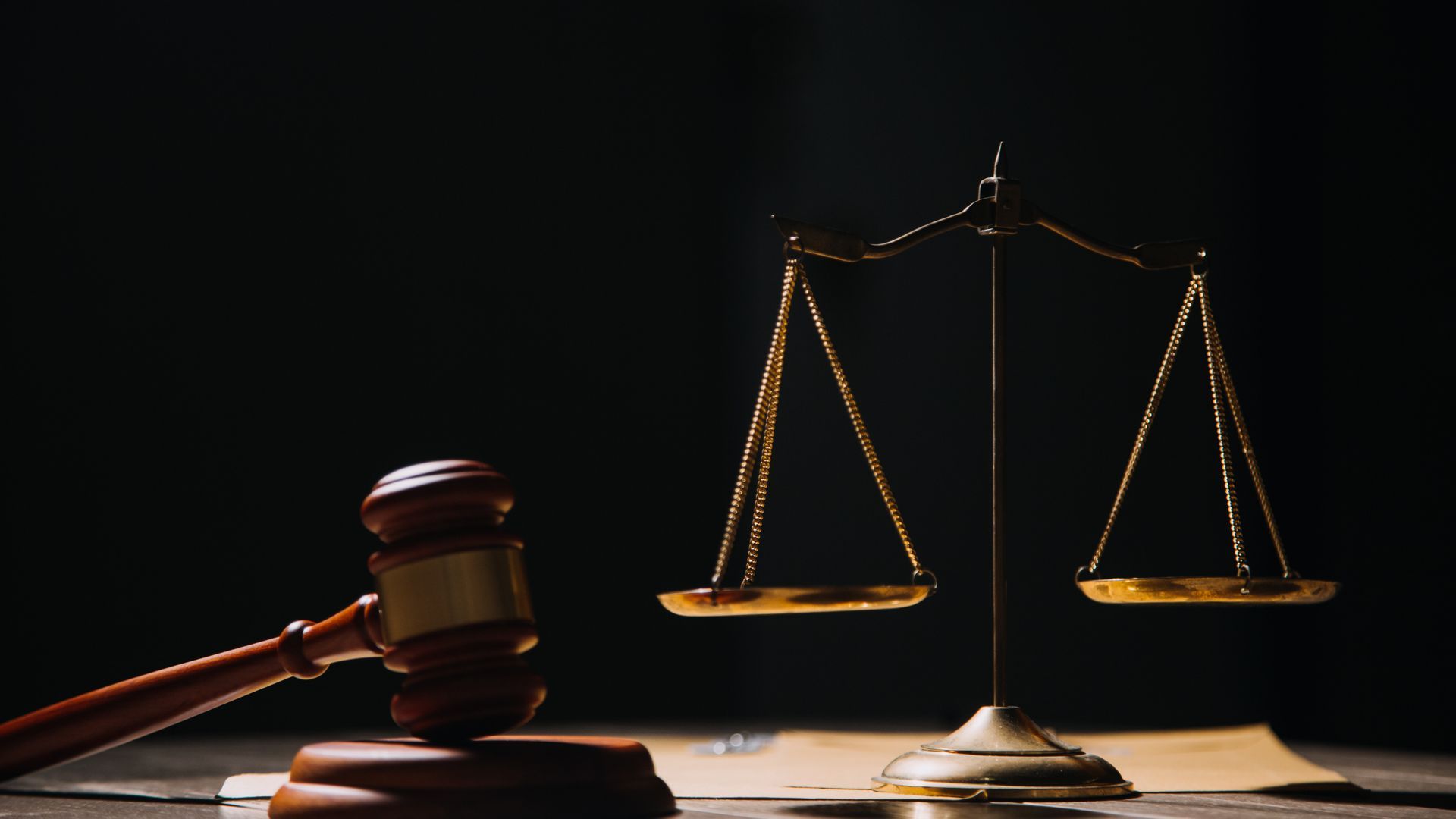Understanding Liability in a Massachusetts Truck Accident
Understanding Liability in a Massachusetts Truck Accident
Blog Body: Who Is Liable in a Truck Accident?
In most cases involving truck accidents, there are multiple parties who may be held liable for the injuries sustained. The responsible party or parties will depend on the specific circumstances of the crash. Commonly, those found liable can include the driver of the truck, their employer (if they were operating on behalf of one), and any other person or entity whose negligence contributed to the accident occurring. This could include manufacturers of parts used in the vehicle or even companies that hire these drivers without performing proper background checks.What Are My Options if I Was Injured in a Truck Accident?
If you have been injured in a truck accident due to someone else’s negligence, then it would be wise to speak with an experienced personal injury attorney as soon as possible. Your lawyer can assess your situation and advise you on what legal action should be taken next. This could include filing a personal injury claim against those responsible for your injuries so that you can obtain fair compensation for your losses which could include medical bills, lost wages, pain and suffering, etc.. Additionally, your attorney can help guide you through the claims process and handle all legal matters related to your case so that you can focus on recovering from the accident.How Is Compensation Calculated?
The amount of compensation that an individual may receive after being involved in a trucking accident depends on several factors including medical expenses incurred due to injuries sustained during the crash and lost wages due to missed work days because of recovery time needed after treatment has been completed. Additionally, non-economic damages such as emotional distress caused by physical pain from injuries or psychological trauma caused by witnessing traumatic events may also be taken into consideration when determining compensation amounts. An experienced personal injury attorney will evaluate all aspects of your case before proposing an appropriate settlement amount or award figure based on evidence presented during trial proceedings if necessary.Who Pays The Compensation To The Victims?
The liable party (or parties) typically pays out awards or settlements owed to victims involved in truck accidents through their own insurance company or through litigation proceedings where applicable. The amount paid out is usually determined by examining evidence presented during trial proceedings if necessary or through settlement negotiations between both sides prior to entering courtrooms where applicable laws regarding liability apply depending on state jurisdiction laws governing each particular case matter at hand when civil litigation is pursued as well as criminal charges when considered pertinent under applicable state statutes governing each individual case event at hand within each given jurisdiction respectively .Can I Still Receive Compensation If I Was Uninsured At The Time Of The Accident?
Yes - even if you do not have car insurance at the time of an accident caused by another party's negligence, you may still be able to receive compensation for any losses suffered due to injuries sustained during said incident depending upon specific facts present within each particular case scenario respectively . You should contact an experienced personal injury attorney who can advise you on what steps need to be taken next regarding obtaining financial restitution from those responsible for causing said incident regardless of whether an individual had valid auto insurance coverage or not when said event happened under applicable state law statutes pertaining thereto .At The Law Office Of Kempton P Giggey we can assist Massachusetts residents with personal injury matters resulting from trucking accidents , including understanding liability issues and obtaining fair amounts of financial restitution via litigation proceedings if necessary based upon prevailing local laws within our given jurisdiction simultaneously .











